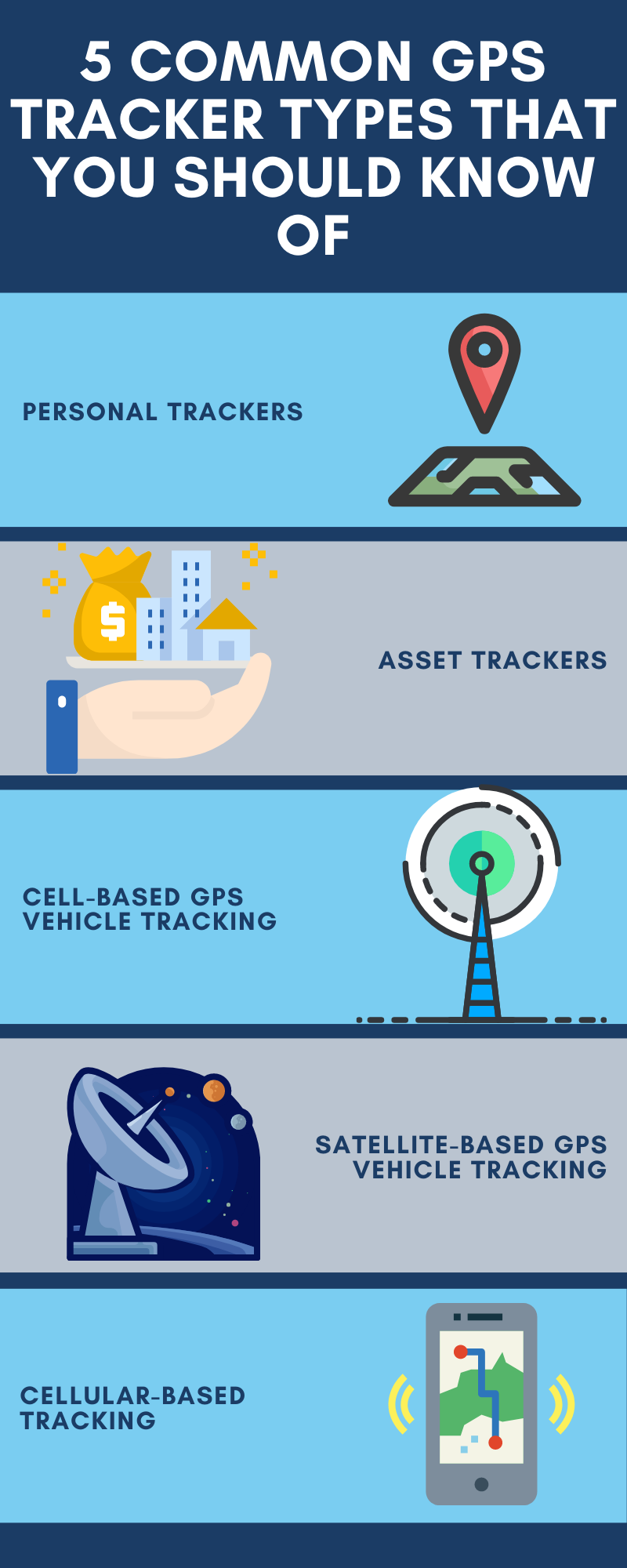5 Common GPS Tracker Types That You Should Know Of

All sorts of devices are being sold as GPS trackers in Singapore, from dog collars to black boxes wired that are placed in vehicles. If a keychain pendant the size of a quarter is really using GPS, why are there other devices the size of a deck of cards? Why do some need to be wired into cars while others run on batteries for months? Let’s look at the different kinds of GPS trackers available and what really is (and isn’t) using the global positioning system.
Personal trackers
Personal tracker monitors people or even pets. Usually, they work through a personal device like a pocket chip or even a bracelet. Once it is activated, users can remotely locate and follow the tracked devices. GPS tracking devices for pet dogs are quite common as well, especially for curious four-legged pooches!
Asset Trackers
Similar to personal trackers, safety tracking system devices can be used for non-vehicular items. Asset trackers can be anything from a small radio chip to large satellite tags.
Many supermarkets are also getting into safety asset tracking. What is a commonly stolen item? Maybe candies or hot food? Usually, the shopping carts are commonly stolen from the supermarkets. In order to prevent theft, supermarkets take measures from car retrieving services to cart blocking barriers. A new solution, however, is using asset tracking.
Cell-based GPS vehicle tracking
Cell-based vehicle tracking is far more common than satellite tracking. This system uses a device to capture data from the vehicle and then reports the data by using cell towers. Compared to satellite tracking, cell-based vehicle tracking costs less and reports data more efficiently.
Delivery companies typically uses GPS tracking to simplify their customer service workflow. Older processes were chaotic. Now, offices have a real-time location tracking system in order to update their customers.
Satellite-based GPS vehicle tracking
Sometimes, cell-based vehicle tracking will not work as the cell towers might not be able to retrieve signals. Satellite tracking can offers a solution to this problem. Through satellite networks, businesses can get updates from even the most remote locations!
Cellular-based tracking
The last example is through cellular tracking. Currently, some businesses uses cellphones as their GPS tracker. The process is quite simple. After installing a phone app, the phone uses Internet data to record and will report its location as well!
If you are, however, looking for more in-depth knowledge about GPS trackers such as a fleet management system in Singapore, check out more and subscribe to our blog today.
Resource:
https://visual.ly/community/Infographics/technology/5-common-gps-tracker-types-you-should-know



